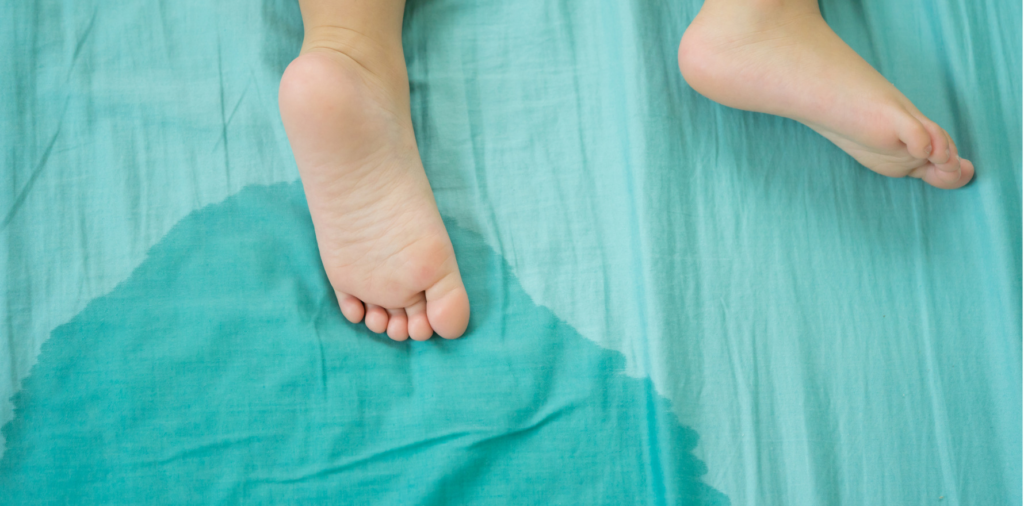The Ultimate Guide To Treating Bedwetting In Children And Adults
Bedwetting, also known as nocturnal enuresis, is the involuntary passage of urine during sleep. Bedwetting can be a problem for children, teens, and adults. It is normal for young children to wet the bed occasionally. However, bedwetting may be a problem if it happens often or if it begins to happen after a period of being dry at night. If you or your child is experiencing bedwetting, there are treatments available to help.
There are two types of bedwetting: primary and secondary. Primary bedwetting occurs when a child has never been consistently dry at night. Secondary bedwetting occurs when a child who has been dry for at least six months starts wetting the bed again. Bedwetting can be caused by a variety of factors, including physical problems, emotional problems, and sleep disorders.
There are a few different ways that bedwetting medication can be approached. The most important thing is to find the right method for your child, as each child is different and will respond to different methods in different ways.

Image Source: Google
Treatment for bedwetting depends on the underlying cause. For some children, simply making lifestyle changes, such as avoiding fluids before bedtime or going to the bathroom before going to sleep, may be enough to stop bedwetting. For other children, more aggressive treatment may be necessary. This may include medication, alarms that wake the child when they start to wet the bed, or in some cases, surgery.
There are many possible causes of bedwetting, both in children and adults. In some cases, there may be a medical condition that is causing the bedwetting. In other cases, it may be a behavioral issue.
Medical causes of bedwetting can include urinary tract infections, constipation, diabetes, sleep apnea, and attention deficit hyperactivity disorder (ADHD). Behavioral causes of bedwetting can include: not feeling the urge to go to the bathroom during the night, sleeping very deeply, and anxiety or stress.